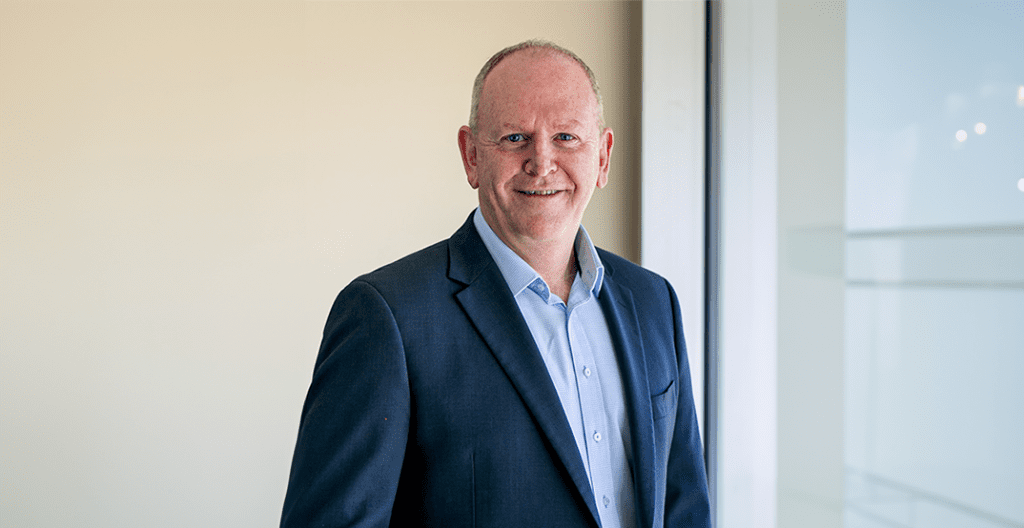It’s good to finally see business confidence and conditions turning around in South Australia, granting the state’s hard-working SME owners a reprieve from the downward trend we’ve experienced over the past year. It’s also a great way to kick of the new year and the new decade.
Improving local confidence is imperative. We live in a state that’s small enough to know someone who knows someone who knows everyone. When people are struggling, we all talk about it, and we feel it collectively. But when business is looking up, we share our positive news. Optimism is now seeping back into conversations.
Business conditions are being hit out of the ballpark. The 18.6-point improvement from September to December is the largest quarterly increase since 2015. However, businesses are expecting conditions to toughen up, with the glass half-empty crowd – 51 per cent – expecting the state’s economy to weaken over the next year. Only 18 per cent expect it to be stronger or slightly stronger. Those figures roughly align with national economic performance expectations. National confidence is down again this quarter.
The December quarter saw a sales revenue hike – better than anticipated – and it’s also above the three-year average. Combining this with easier access to labour lead to reported improved profitability, rolling into an increase in confidence.
It appears this range of internal factors had a significant impact on this quarter’s results, with major external events less influential. The recent bushfires and the coronavirus outbreak had less of an impact during the quarter, the US-China trade deal has settled, and we all seemed to take advantage of our summer break to recover from a challenging year.
With a new decade heading in the right direction, it’s also a good time to take stock. In the Survey of Business Expectations, we asked respondents if they were thinking ahead on business succession and family wealth transfer. Close to 20 per cent were considering retiring within the next five years, 27 per cent were planning to retire in the next five to 10 years, close to 30 per cent plan to hold on for 10 to 20 years, and 23 per cent were long haulers.
Of those considering retiring, only 14 per cent were planning a generational transfer. That might be a shock if you’re the diligent child waiting in the wings or could mean their children could be stepping out on their own and don’t want to take on the business.
Almost a third of respondents hadn’t discussed wealth transfer with their children. These conversations should be taking place, otherwise those family relationships could end up being a disaster. Wealth transfer is more than just handing it over – best results are achieved with a long term approach to educating the next generation on wealth, which is far more than just investing. Disasters can be avoided with good planning and advice, because you can’t put a price on keeping a family together.
To read the full report, please click here.










